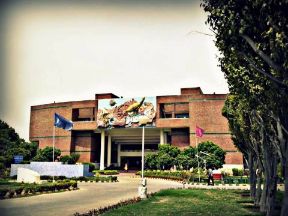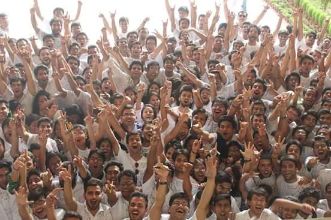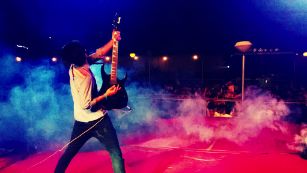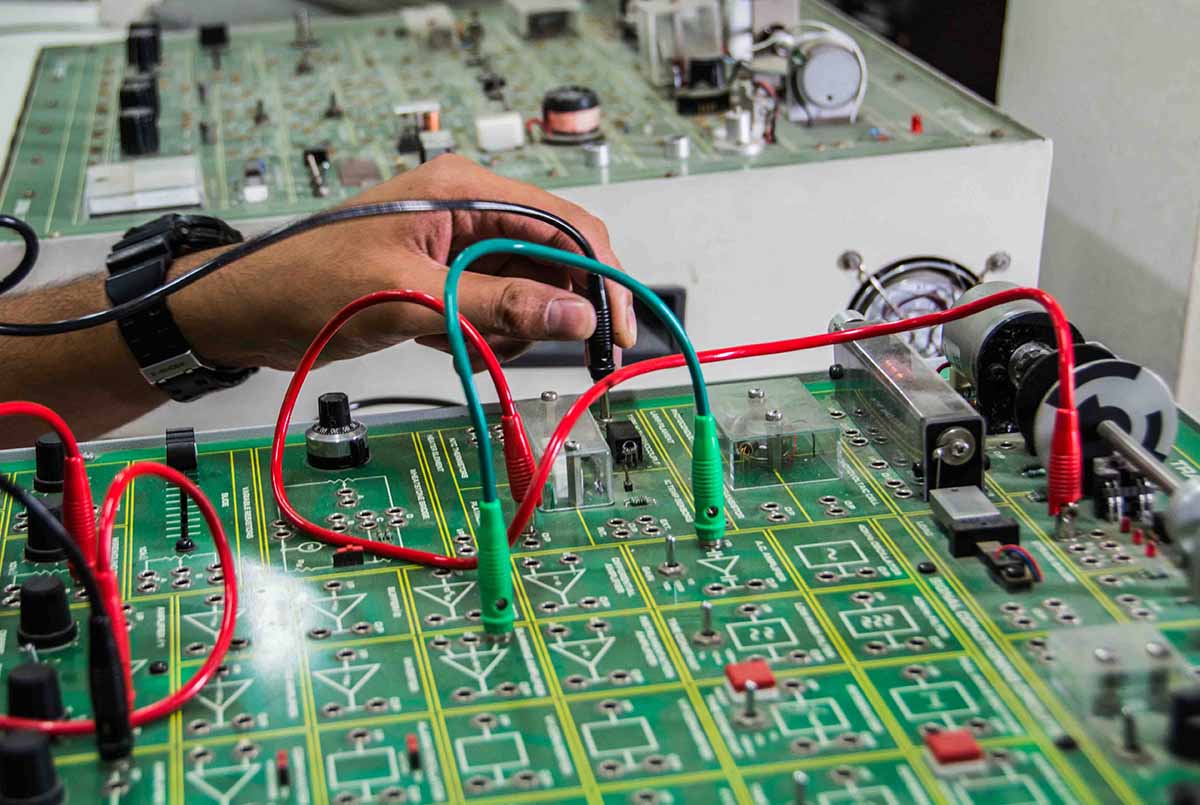Department of Instrumentation & Control Engineering
The Department of Instrumentation & Control Engineering (ICE) was established in the year 1983. All through its sparkling history of 38 years, the department of ICE has been known for its exceptionally strong Under-Graduate, Post-Graduate and Research programmes. Instrumentation and Control is a very broad area in the sense that it has an interdisciplinary character. There is a proliferation of a variety of the Instrumentation systems for a variety of purpose.
The department has always been on a progressive path, thanks to the experienced and dedicated faculty members who have a strong commitment towards providing quality engineering education and research. The Department has 16 faculty members, 07 Professors, 01 Associate Professor, 06 Assistant Professors, 02 Adjunct Professors and most of the faculty members are Doctoral Degree holders.
Mission and Vision of EE and ICE Department
Vision:
To be a department of premier University of global recognition that provides Excellence in Education, Research and Development in the field of Instrumentation & Control Engineering, to create potential Innovators and leaders to serve Society and Nation.
Mission:
- M1. To promote academic growth by offering state-of-the-art Undergraduate. Postgraduate and Doctoral programmes and to impart emerging and new knowledge in Research & Development.
- M2. To identify the thrust area of specialization in education based on perception of Regional and National as well as global needs.
- M3. To undertake collaborative projects which offer opportunities for long term interaction with leading Academia and industries to cater to the needs of the Society and Nation.
- M4. To foster human potential by inculcating responsible behavior, Environment, improvement, Ethics, Innovation and Entrepreneurship.
Programme Educational Objectives
- PEO1: To equip the students with fundamental knowledge of science and technology to excel in career or pursue higher studies.
- PEO2: To inculcate creative, analytical and critical reasoning skills for real world challenges.
- PEO3: To contribute to society with professional and social ethics.
- PEO4: To instill soft skills, team work skills, leadership qualities and lifelong learning for successful career.
- PEO5: To motivate students towards becoming entrepreneurs, collaborators and innovators, leading or participating in efforts to address social, technical and business challenges
Instrumentation is a very broad area in the sense that it has an interdisciplinary character. There is a proliferation of a variety of Instrumentation systems for a variety of purpose. There is hardly any area of Engineering, Science and Technology where Instrumentation in one form or the other is not needed. As a certain process is becoming more and more automated, the need for a closer monitoring of inputs and responses become more obligatory and the instruments at the component and sub - system levels tend to become more and more integrated. Full cognizance has been taken of this situation while planning instruction in this area. Students do intensive use of microprocessors and Computers to understand the hardware and software aspect of Intelligent Instrumentation.
Started in 1989, this rather young division offers many courses in Electrical, Electronics and Computer Engineering also apart from a variety of courses from Instrumentation Technology, modern control theory, Biomedical Instrumentation, Robotics, Industrial Electronics, Computer Controlled Instrumentation, Artificial Intelligence etc.




